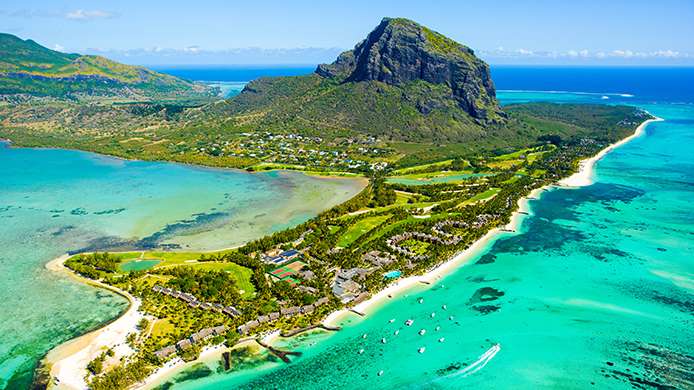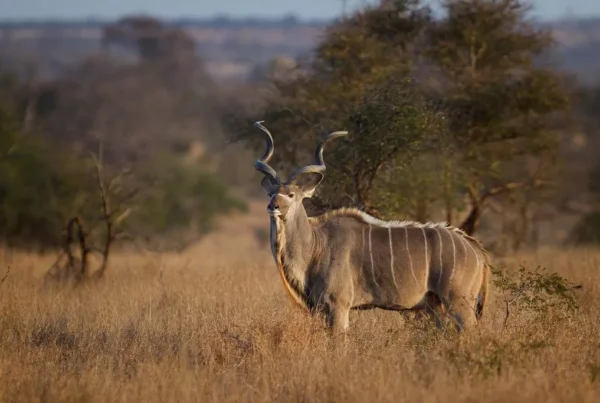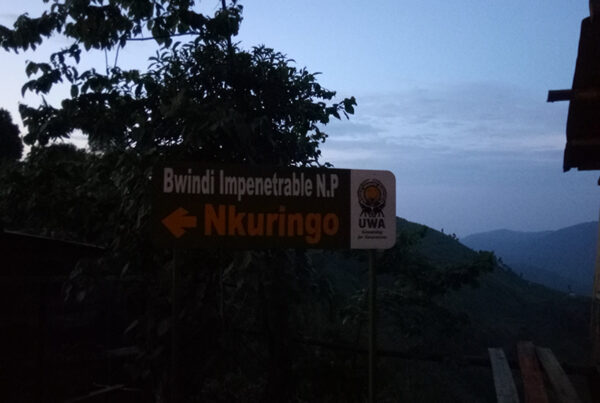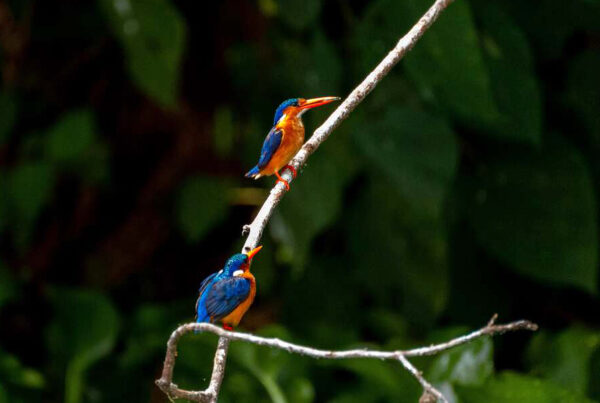10 Beautiful Islands off the Coast of Africa
A Journey into the Hidden Paradises of the Continent’s Waters
The Allure of Africa’s Islands: A Seaside Revelation of Wonder
Beyond its sweeping savannahs, dramatic deserts, and towering mountain ranges, Africa’s coastal waters conceal some of the most breathtaking island escapes on Earth. While the mainland dazzles with wildlife and culture, the islands scattered off the shores of the continent offer an entirely different yet equally mesmerizing narrative—one composed of coral-fringed beaches, turquoise waters, ancient cultures, volcanic peaks, and marine-rich biodiversity.
In the years ahead, as travelers increasingly seek meaningful escapes that combine natural splendor with cultural authenticity, the islands of Africa are being elevated from hidden gems to global icons of tranquil luxury and eco-conscious adventure. Each island presents a distinct personality—a unique expression of the continent’s diversity wrapped in oceanic beauty. From the azure waters of the Indian Ocean to the volcanic archipelagos of the Atlantic, these island sanctuaries provide unforgettable experiences that feel untouched by time, yet vividly alive in spirit.
As travel reawakens with a deeper sense of purpose, the islands off Africa’s coast are emerging as timeless, soul-stirring destinations where relaxation, discovery, and sustainability converge in breathtaking harmony.
Zanzibar, Tanzania – The Spice Island’s Captivating Charm
Floating just off the coast of Tanzania, the island of Zanzibar has long been a cultural and maritime crossroad. Known widely as the “Spice Island,” Zanzibar enchants visitors with its ancient Stone Town, where winding alleys and intricately carved doors whisper tales of centuries-old trade and cultural exchange. The island’s soul is rooted in a blend of Arab, Swahili, Indian, and African influences, creating an intoxicating mix of architecture, cuisine, and music.
The beaches here offer powdery white sand and crystalline waters, while the coral reefs teem with life—ideal for snorkeling and diving. Sunset dhow cruises, visits to spice plantations, and encounters with red colobus monkeys in Jozani Forest further enrich the experience. Zanzibar is not merely a beach destination—it is a living island steeped in history and mystery.
Mauritius – A Mosaic of Culture and Color
Positioned in the Indian Ocean east of Madagascar, Mauritius is an island defined by luxury, tranquility, and exceptional natural beauty. Surrounded by coral reefs and lagoons, the island’s beaches are among the world’s most photographed, but its interior reveals just as much allure, with verdant sugarcane fields, volcanic peaks, and enchanting waterfalls.
Mauritius is equally famed for its multicultural identity, where Creole, Indian, Chinese, and French traditions coalesce into a vibrant tapestry. Visitors are drawn to its diverse cuisine, friendly locals, and world-class resorts. Yet beneath its polished surface lies a profound ecological story, seen in efforts to protect native species like the pink pigeon and ebony forest. Whether hiking the trails of Black River Gorges National Park or relaxing on a catamaran, Mauritius offers an island experience that is as deep as it is dazzling.
Seychelles – Eden in the Indian Ocean
Renowned for its otherworldly beauty, Seychelles is a 115-island archipelago northeast of Madagascar that has become synonymous with pristine beaches, lush nature, and exclusive escapes. The granitic islands of Mahé, Praslin, and La Digue feature dramatic rock formations, powder-white beaches like Anse Lazio, and rare endemic flora, including the famed Coco de Mer palm.
The islands are celebrated not only for their aesthetics but for their unwavering commitment to conservation. Vast marine parks, turtle nesting beaches, and coral reef restorations reflect a conscious effort to maintain ecological harmony. For travelers in search of privacy, elegance, and untouched natural splendor, Seychelles remains an exquisite retreat where serenity is assured, and nature is revered.
Madagascar – An Island Continent of Evolutionary Wonders
Lying off Africa’s southeastern coast, Madagascar is not simply an island—it is a biological marvel. As the world’s fourth-largest island, it boasts a level of biodiversity found nowhere else on the planet. From lemurs and chameleons to towering baobabs and unique spiny forests, Madagascar’s flora and fauna offer a living laboratory of evolutionary intrigue and ecological uniqueness.
The coastal regions, particularly in the north around Nosy Be and the south near Ifaty, showcase coral reefs, whale migrations, and crystalline lagoons. Madagascar’s culture is equally diverse, reflecting centuries of African, Asian, and Austronesian influences. While it may be less polished than other island destinations, its raw, untamed nature and sense of mystery reward the curious traveler with unforgettable experiences.
São Tomé and Príncipe – The Africa You Didn’t Know Existed
Off the coast of Central Africa, tucked in the Gulf of Guinea, lies the twin-island nation of São Tomé and Príncipe, one of the least visited yet most enchanting places on Earth. These islands offer a pristine blend of volcanic peaks, rainforest canopies, black-sand beaches, and colonial charm, all wrapped in a peaceful, unhurried atmosphere.
Often described as Africa’s best-kept secret, the islands are a haven for birdwatchers, hikers, and lovers of slow travel. Coffee and cocoa plantations from Portuguese colonial times are being revived into eco-lodges and agritourism sites. With few crowds, warm-hearted locals, and a setting that feels plucked from a dream, São Tomé and Príncipe provides a luxurious simplicity that speaks directly to the soul.
Comoros – The Forgotten Archipelago of Perfume and Volcanoes
Floating between Mozambique and Madagascar, the Comoros Islands offer a kaleidoscope of color, fragrance, and culture. Known as the “Perfume Islands” for their ylang-ylang plantations and vanilla fields, Comoros is an underexplored gem where traditional Swahili and Islamic cultures flourish amid volcanoes and coral seas.
Its main islands—Grande Comore, Mohéli, and Anjouan—each boast distinct personalities. Mohéli, in particular, stands out as a marine sanctuary, where sea turtles nest undisturbed and humpback whales glide by. Despite its lack of infrastructure compared to more touristy destinations, Comoros charms precisely because of its authenticity and lack of commercialization, offering a rare glimpse into island life untouched by mass tourism.
Canary Islands, Spain (Off the Northwest African Coast)
Although politically part of Spain, the Canary Islands rest off the northwest coast of Africa and share deep geographic and ecological ties with the continent. With dramatic volcanic landscapes, black and golden sand beaches, and a spring-like climate year-round, the Canaries are a paradise for both adventurers and beach lovers.
Islands like Tenerife, Lanzarote, and La Palma offer stargazing, surfing, hiking, and even wine tasting, all against backdrops that range from lunar lava fields to lush laurel forests. While the islands enjoy modern infrastructure, efforts are growing to preserve the unique Canarian ecosystems and support sustainable tourism models. The Canaries promise diversity, energy, and escapism in a surprisingly accessible setting.
Djerba, Tunisia – Where Mythology Meets the Mediterranean
Off the coast of Tunisia lies the island of Djerba, long believed to be the land of the Lotus-Eaters from Homer’s Odyssey. Today, this island mixes Berber heritage, Jewish history, and Arab culture in a mosaic that is both spiritual and scenic.
Its whitewashed domes, ancient synagogues, traditional markets, and palm-lined beaches offer a captivating juxtaposition of past and present. While Djerba remains a popular domestic destination, its global visibility is steadily rising, especially as travelers seek cultural richness combined with coastal tranquility. With artisanal crafts, Mediterranean cuisine, and hospitable locals, Djerba is poised to surprise those who venture to its shores.
Bioko Island, Equatorial Guinea – A Rugged Island Frontier
Located in the Gulf of Guinea, Bioko Island belongs to Equatorial Guinea and offers a rugged and verdant terrain brimming with biodiversity. Volcanic mountains, black-sand beaches, and dense rainforests define the landscape, while the capital city, Malabo, reflects a blend of colonial Spanish and African cultures.
The island is known for its primate diversity, particularly in protected areas like Pico Basilé National Park. Though travel to Bioko remains less common due to its political complexities, those who do make the journey are rewarded with a raw, mysterious island experience that feels worlds away from the ordinary.
Embark on Your Island Odyssey with WildHorn Africa
The islands off the coast of Africa are not mere extensions of the continent—they are profound destinations in their own right, each offering a distinct rhythm, voice, and vision of paradise. From the whispering mangroves of Madagascar to the volcanic peaks of São Tomé, and from the perfume-laced air of Comoros to the polished shores of Mauritius, the islands of Africa promise serenity, discovery, and transformation.
To explore these unique enclaves with depth, comfort, and authenticity, travelers are encouraged to place their journeys in the hands of experts. WildHorn Africa, a premier travel partner specializing in African experiences, offers customized island itineraries that balance luxury with sustainability, and adventure with cultural reverence.
Whether you dream of diving into coral gardens, walking barefoot across ancient sands, or engaging with island cultures that have stood the test of time, WildHorn Africa ensures that your voyage is seamless, enriching, and unforgettable. The islands are calling—answer their song with purpose, guided by those who know Africa best.





 WildHorn Africa – Authentic and unforgettable tours across Africa, guided by local experts who know the land, wildlife, and culture best.
WildHorn Africa – Authentic and unforgettable tours across Africa, guided by local experts who know the land, wildlife, and culture best.


